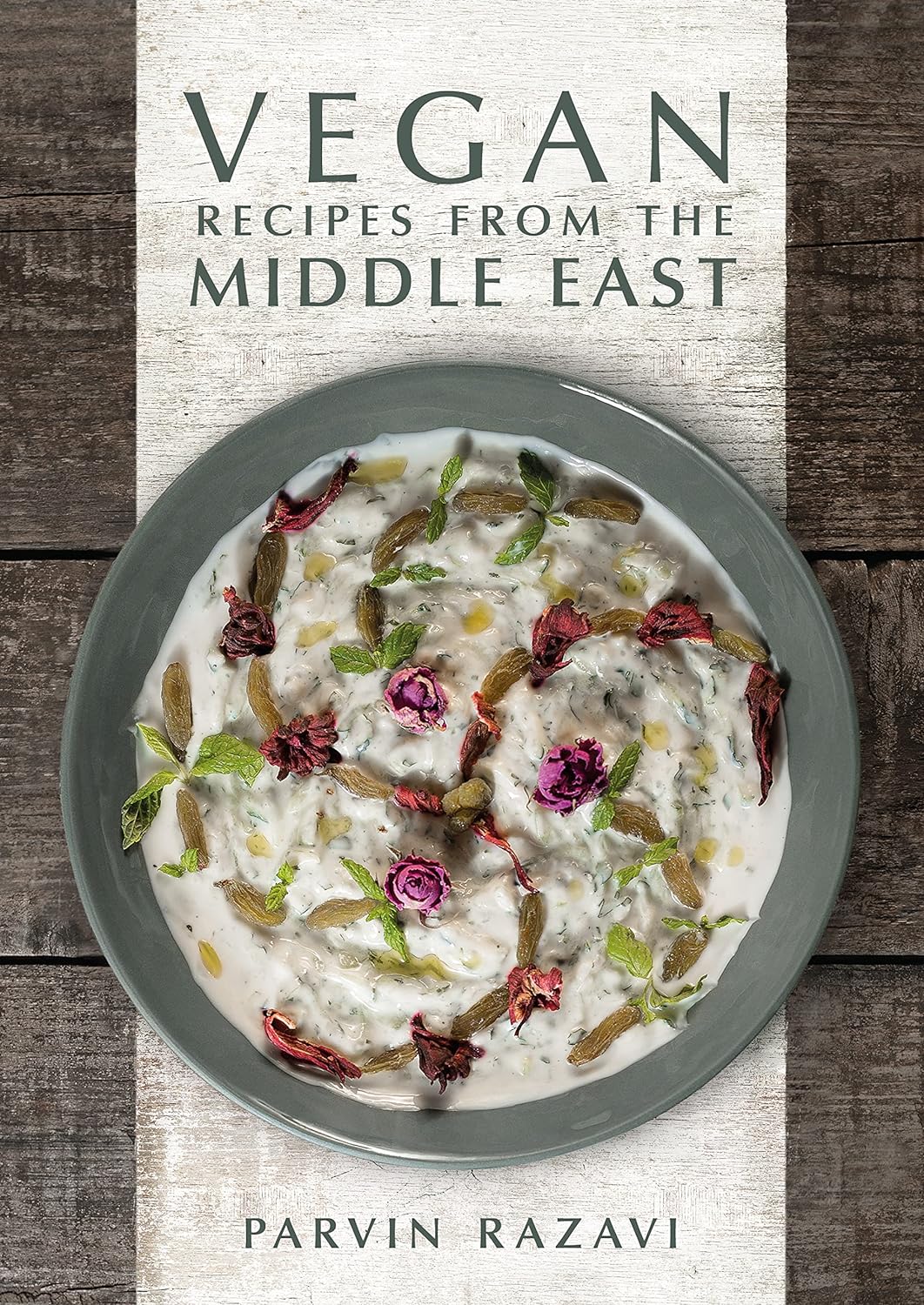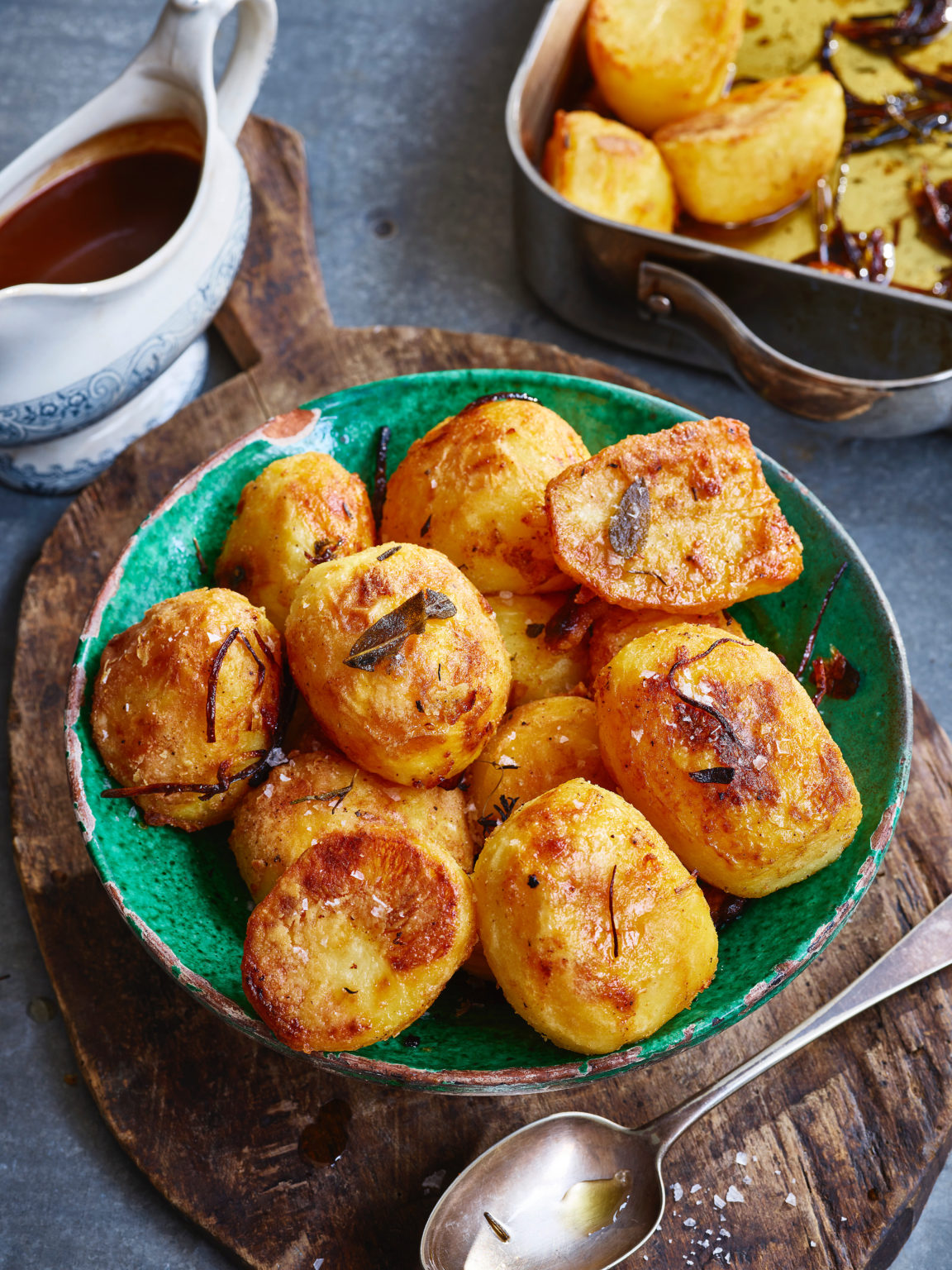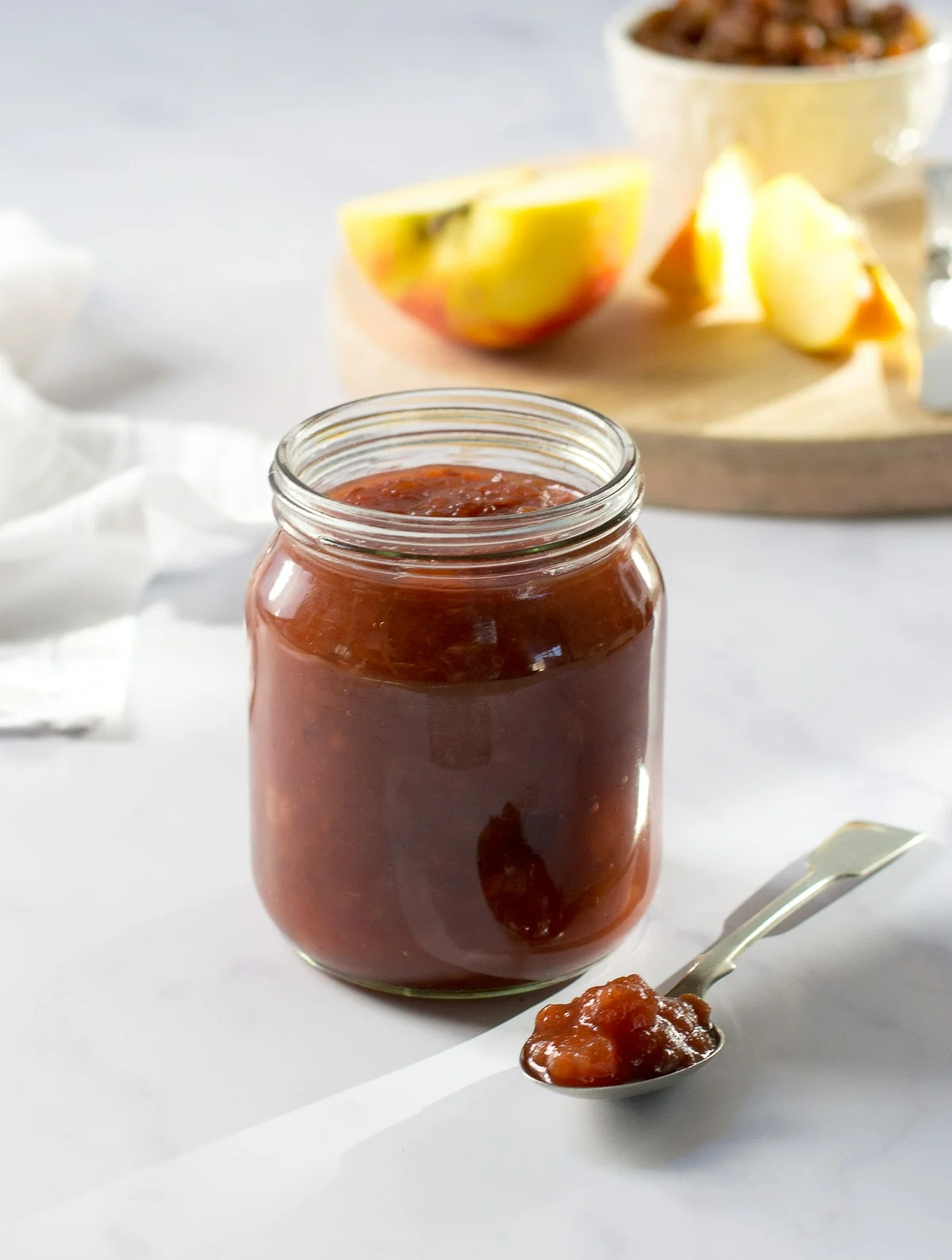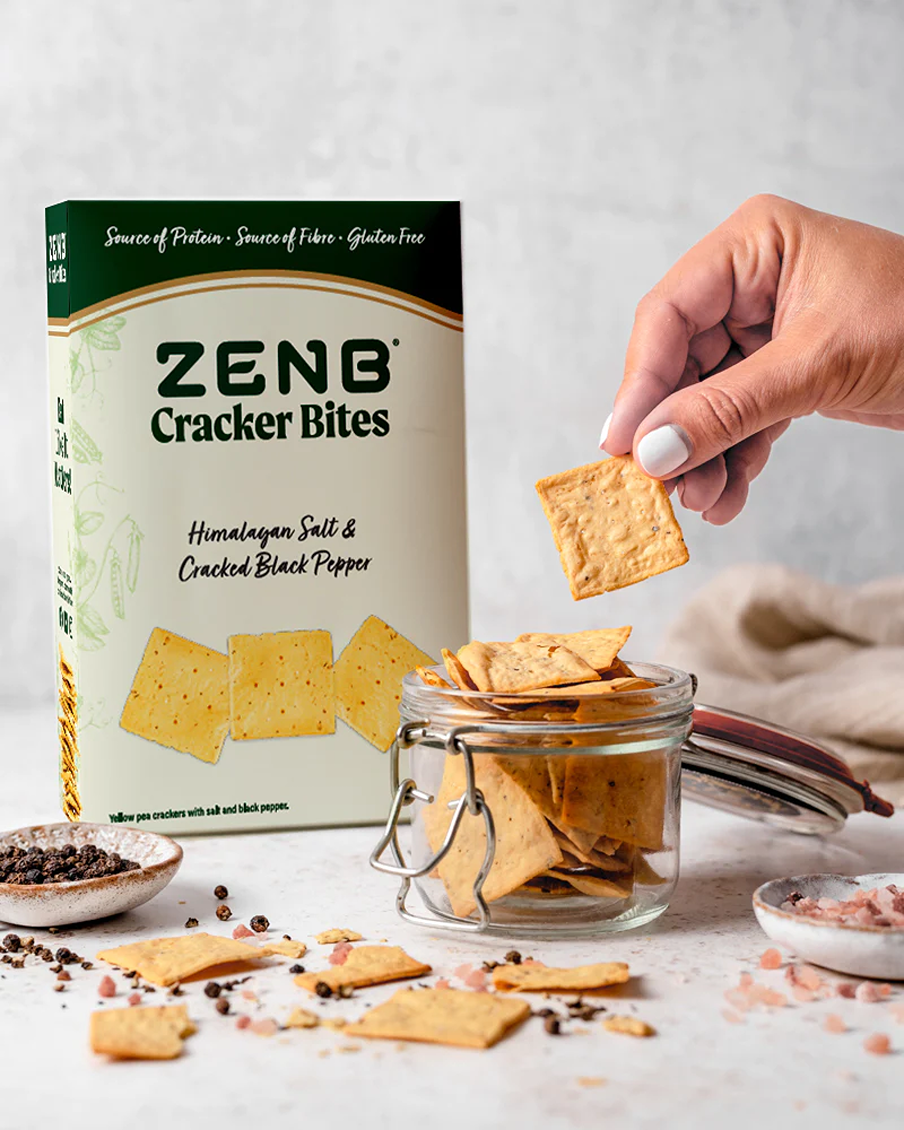
Middle Eastern food is very popular, a melting pot of cultural cuisines. But rather than always eat out (too expensive) or buy plastic-wrapped ready meals, why not just learn to make your favourite meals?
Vegan Recipes from the Middle East is by Parvin Razavi, who offers recipes from Iran, Armenia, Syria, Lebanon, Jordan, Egypt, Morocco and Turkey. From a main course to traditional mezze, the recipes include spicy warm stuffed vegetables, cool fragrant soups, delicate preserves, pilafs, breads, pickles, relishes, pastries and rose-scented puddings.
Never eat rice after 24 hours. Read more on food safety for people & pets (many foods are unsafe near animal friends).
The Vegan Middle Eastern Cookbook celebrates the rich vibrant flavours of this region with 60 mouthwaering recipes including basics like ‘the best ever pita bread’, baby potatoes and jackfruit tagine, and beef-style seitan shawarma wraps, with sumptuous sides like baba ghanouj.
a vegan tour of the Middle East

Veganistan offers a plant-based tour of the Middle East from a renowned food writer. In response to requests at her Peckham restaurant, Sally Butcher offers lush flavours with recipes from a reassuring voice:
- Beetroot & sour cherry gazpacho
- Mushroom & chestnut borek
- Seitan kebabs
- Persepolitan sauerkraut
- Quince & cardamom trifle
Middle Eastern classics made vegan

Tahini & Turmeric offers real fusion food. The authors (two sisters) grew up in Barcelona, raised by Syrian-Lebanese Jewish parents and now live in the US. Find easy staples like baba ghanoush and baklava, along with modern light flavourful dishes and Middle Eastern desserts. You’ll also find simple tips to sub spring roll wrappers or pita bread (to replace from-scratch dough) to make easy-to-prepare Middle Eastern authentic staples, with less fuss.
Chef Dunja’s Middle Eastern cookbooks

Falafel is the ultimate guide to the popular Middle Eastern fast food, by Croatian chef Dunja Gulin. Using vegetables, nuts, seeds, lentils and grains, find recipes for fennel lemon scented falafel, juicy brown rice faux-lafel, crunchy sesame falafel or falafel croquettes. You’ll also learn how to make a tasty Mediterranean seed falafel, served with homemade tahini sauce, alongside tangy quick pickles, crispy herb salads and easy flatbreads.
The Magic of Tahini shows how to make your own creamy sesame paste that’s high in protein and calcium (from both black or white sesame seeds). Then use it to create dreamy recipes including strawberry tahini yoghurt, sesame-full quiche, velvety white soup, marbelled muffin and coconut black tahini ice-cream.
Hummus Where The Heart Is is another of Dunja’s books, this time offering 65 inventive recipes for this delicious favourite, served fresh and warm in the Middle East (not the icy-cold greasy stuff in plastic pots sold in supermarkets). Learn how to make the perfect homemade hummus (from chickpeas, lemon juice, garlic and tahini) then again find recipes to use it – onion jam hummus, Indonesian-style hummus, baked aubergine/eggplant version and dippers, plus even chapters for hummus meals and desserts.
the debate about Halal meat

Halal (and Jewish) food is meat from animals that are not stunned, in compliance with religious law. Religious tolerance is one thing. But welfare experts at Compassion in World Farming say animals do suffer, and want it banned. Of course the solution is obvious. You can go plant-based whether you’re Muslim or Jewish. One Arab Vegan is one of the most popular recipe blogs, and its founder is a committed vegan – and Muslim. And Prince Khaled bin alwaleed (above) is so passionate about the lifestyle, he now has invested heavily in the world’s biggest plant-based news website.
The law is also a mess. Compassion in World Farming says that many meats sold as Halal are stunned (so not compliant anyway) and they want such meat only sold in certain stores, yet many supermarkets now sell it (and don’t label it) so people often unwittingly buy Halal meat, when they don’t want it.






